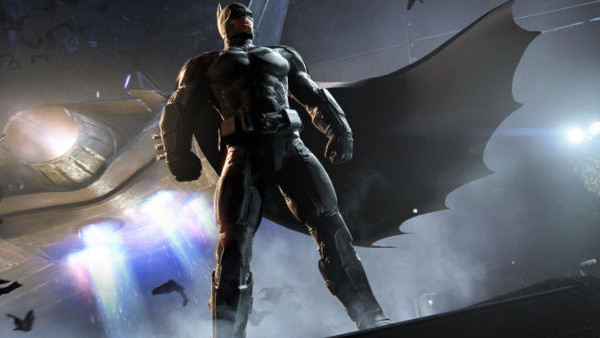Where Did It All Go Wrong With Batman: Arkham?
3. A Fanbase Divided

When it was announced that the follow-up to Arkham City would be a prequel, not a sequel, and that Rocksteady Studios wouldn't be involved, fans were skeptical. The London-based developers had made Batman their own, and with Warner Bros. eager to capitalise on the brand fully, their baby was shipped off to another studio, where a different kind of Batman title would be made.
That title would eventually become Arkham Origins, one of the last generation's most misunderstood releases and a game few at the time were willing to give a chance. Despite the fact the game boasts the best story in the series, with the script having been developed by Corey May, Ryan Galletta and Dooma Wendschuh, the title debuted to a mixed reception and endured a frosty aftermath, with many unwilling to acknowledge the genuine innovations Montreal brought to the series - the best of which involved a complete overhaul of Detective Mode, which had until that point been utilised as a crutch for players to spot enemies.
By this point, however, cracks in the Arkham Formula were being made more noticeable. While improvements were made to the series' stylistic freeflow combat, with Origins even boasting the best boss battles of the franchise, stealth remained a walk in the park. The entry also drew criticism for its open world, which lacked the detail of its predecessors, and seemed to lack any signs of life at all, actually, with Gotham having been 'evacuated' on Christmas Eve as a freak snowstorm engulfs the city. (This was a trope the series would return to, sans controversy, in Arkham Knight.)
Those issues aside, Origins was unjustifiably railroaded by fans for the fact that A: it wasn't developed by Rocksteady, and B; it was seemingly responsible for delaying the resolution of Arkham City's unresolved plot threads. Yes, it had its flaws (glitches were reported across the board), but the introduction of the Bat-Cave, the genuine attention paid to boss battles and the efforts made to flesh out the world all proved to be invaluable contributions to the series.
In the end, it didn't matter. Arkham's fanbase fractured, and Origins was subsequently (and erroneously) ignored in Virtuos' Return to Arkham remaster. Its follow-up, however, courted a different kind of controversy - that of the narrative variety.